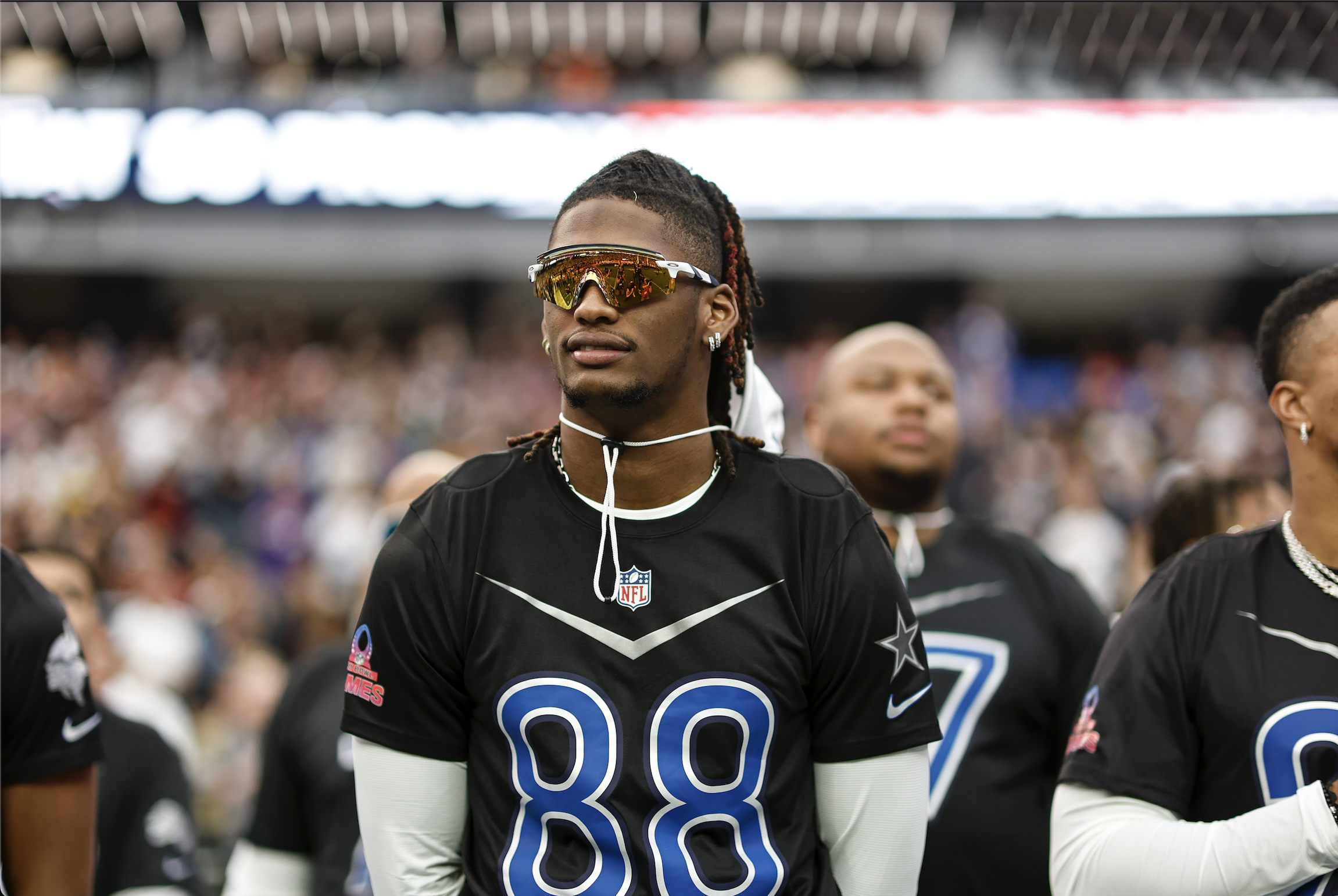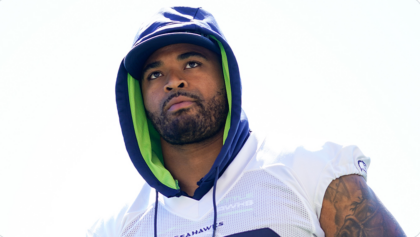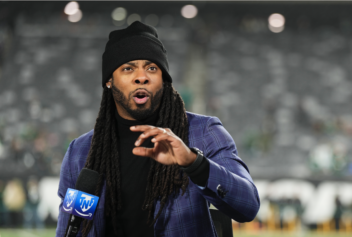When you think about the hardest hitters in NFL history who are the names that first come to mind? LT, Ronnie Lott, maybe even some of you old-schoolers would call the name Steve Atwater, or even further back, Dick "Night Train" Lane. However, the one curiosity for me when having this discussion is why one name does not come up more often. "The Enforcer," former All-Pro safety Kenny Easley.
Easley was the first defensive superstar for a Seattle team that had mostly been known for its entertaining offense led by quarterback Jim Zorn and Hall of Fame WR Steve Largent. Today the Seahawks spotlight the rugged, hard-hitting foursome of Richard Sherman, Brandon Browner, Earl Thomas and Kam Chancellor—aptly nicknamed the Legion of Boom—featuring two first-team All-Pros (Sherman and Thomas), a major reason why Seattle led the league in scoring defense in 2012 yielding just 203.1 yards passing per game. But prior to all the bright lights and fanfare that the "LOB" receives today, Kenny Easley was playing with the same reckless abandon racking up awards and recognition all on his own.
The 1st-round pick was named AFC Defensive Rookie of the Year in 1981, and then AFC Defensive Player of the Year in 1983. Easley's career peaked in 1984, when he led a dominant Seattle defense with 10 interceptions and was named NFL Defensive Player of the Year. In all, Easley was named to the Pro Bowl five times and was honored as a 1st-team All-Pro four times. Most importantly, he was named to the NFL All-Decade Team for the 1980s. According to Pro Football Reference, Easley had a career similar to those of Hall of Famers Deion Sanders, Mike Haynes and and future inductee Troy Polamalu.
Unfortunately, before the 1988 season Easley and the Seahawks had a spectacularly messy divorce. The team traded him to the Phoenix Cardinals, but the trade was voided when Easley failed a physical which revealed he had a severely damaged kidney. Easley then sued the team, arguing that high doses of ibuprofen were responsible for his kidney damage. A financial settlement was eventually reached, but reconciliation between the Seahawks and Easley didn't come until after Paul Allen bought the team in 1997. In 2002 he was added to the Seahawks Ring of Honor.
So why isn't this man in the Hall of Fame? Some may point to the fact that he played in gridiron Siberia, as Seattle wasn't exactly in the heart of football country. Others may say that he didn't play long enough as seven years was too brief to earn the honor. However, Easley's brief career should not a barrier to his induction, since it didn't not deter voters from electing the likes of Gale Sayers who also played seven seasons (earning five All-Pro selections and four Pro Bowls). When looking at Easley's body of work I believe its time the Enforcer kicks in the door to Canton.



